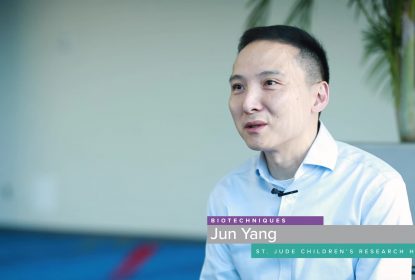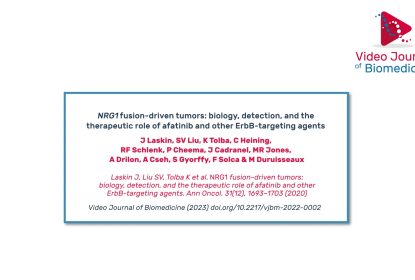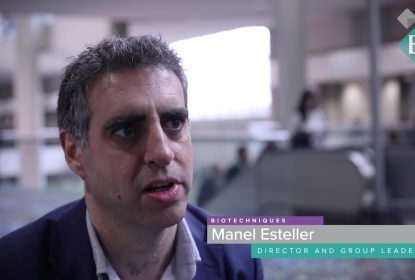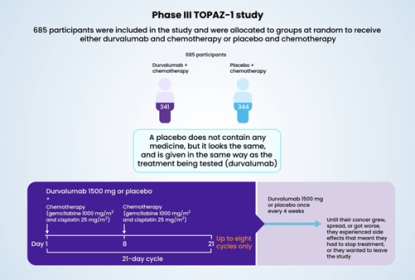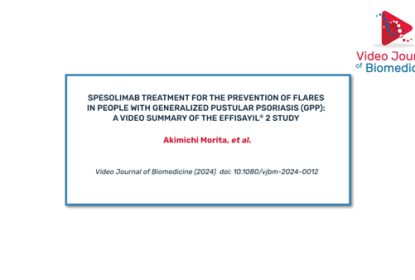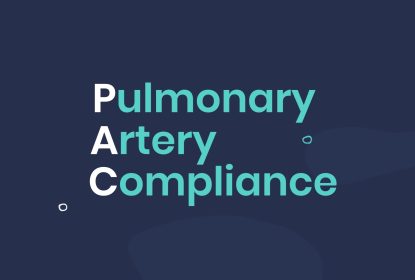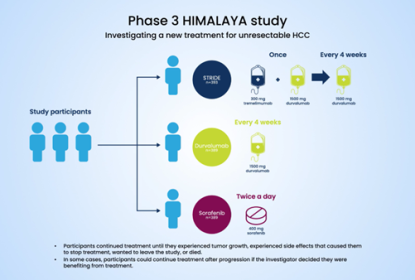
Translational genomics with Bodour Salhia
In this behind the technique video, Bodour Salhia, Assistant Professor of Translational Genomics at the Keck School of Medicine of the University of Southern California, CA, USA, discusses DNA methylation liquid biopsies, assessing the risk of cancer reoccurrence and engaging patients in translational research. Dr Salhia also provides her highlights of AACR 2019.
About the author:
Dr Bodour Salhia is a translational genomics scientist with extensive knowledge and expertise in mechanisms that underlie tumorigenesis and tumor biology. She merges cutting edge genomics/epigenomics analyses with cell biological and functional studies towards the investigation of clinically relevant problems in human cancer. During her graduate training, she focused on understanding the molecular and cellular determinants of glioma invasion. Her post-doctoral work focused on the genomics and epigenomics of breast cancer metastasis and multiple myeloma. She also characterized the function of AKT1(E17K) in breast cancer and performed immunophenotypic analysis of breast cancer in North Africa. She has led and continues to lead numerous DNA methylation studies using a plethora of both array and sequencing based technologies to measure whole genome and targeted CpG methylation changes in a variety of cancer types. Dr. Salhia utilizes these data to develop DNA methylation liquid biopsies. Her lab is in the process of validating a DNA methylation liquid biopsy for breast cancer recurrence which would indicate patients with evidence of micrometastatic residual disease that are therefore likely to experience a recurrence. Dr. Salhia’s lab also has research efforts in experimental therapeutics of brain metastasis by utilizing patient-derived xenografts and cell lines to identify novel treatment methods for this dismal disease. For more information on Dr Salhia’s research see here.
Original publication:
Video originally published on BioTechniques, a journal and digital platform from the Future Science Group providing the life science research community with an invaluable resource to access latest methods, techniques and protocols.
